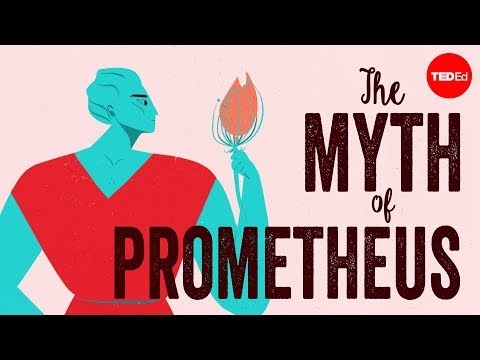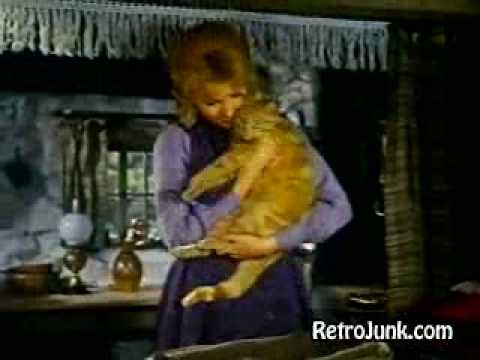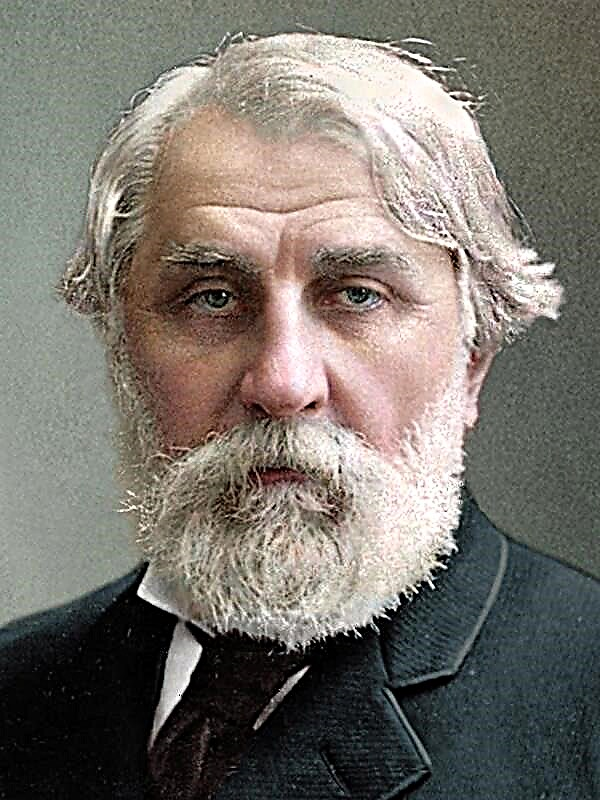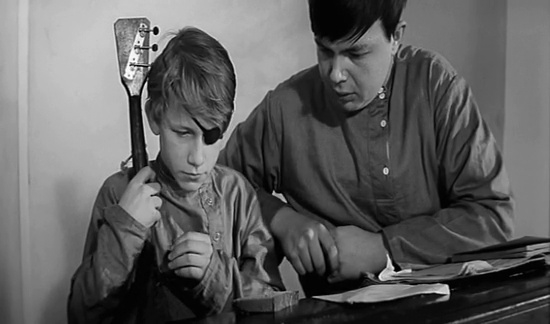(267 words) One of the characters in the comedy D.I. Fonvizin's “Undergrowth” is Mrs. Prostakova, a serf mistress, in whose hands power is concentrated not only over the servants, but also over her own family. The husband is under the woman’s heel, and their sixteen-year-old son Mitrofanushka is completely uneducated. Teachers who study with the youth are hired only for prestige: in fact, for several years he has not learned anything. He can be called a mama’s son - so brought up.
Mrs. Prostakova is certainly a negative character in the work. A speaking surname points to one of its main problems - ignorance. It belongs to the category of simpletons - those who easily fall for the bait, because they can not distinguish between truth and falsehood. So the heroine can not distinguish between good and bad: her love for the child only harms him, and her attitude to the family, peasants and households led the prosperous Prostaks to financial collapse and poverty. The reason is that because of her noble birth, a woman thinks that everything is allowed to her. The main goal for her is to profitably marry a young child. The most suitable option, she considers Sophia, who suddenly left an inheritance. At the same time, the lady is not at all embarrassed that the girl is against such a union. The serfwoman cares only for the future of her son, but at the same time she cripples the young man with a disgusting upbringing. Through her fault, Mitrofan is stupid, cowardly and rude.
The play ends with retribution, which falls upon Mrs. Prostakova’s head: everyone turns away from the lady, including her own son. The woman says that she had no one left but Mitrofan, but in response he hears only rudeness from the young man. Starodum rightly notes that all her troubles are from an evil temper. This comedy, the author conveys to readers the problem of a rotten serf system, which consists in disrespect for people of low status and poor education of the younger generation.












